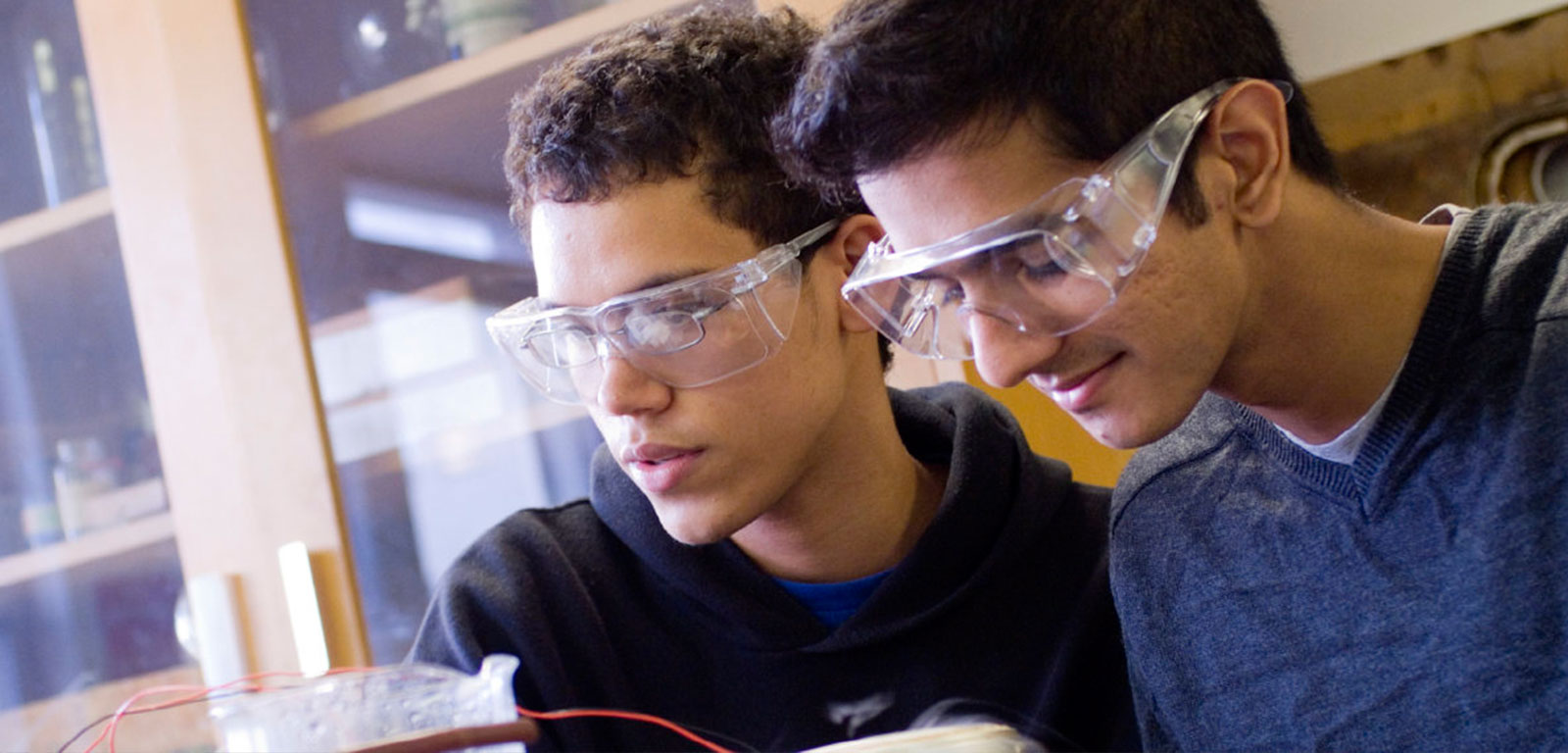

We accept the following English language qualifications at the grades specified*:
IELTS Academic module overall 6.5 with 5.5 in each component.
TOEFL-iBT (including Special Home Edition) 92 or above with 20 in each section. We do not accept TOEFL MyBest Score to meet our English language requirements.
Cambridge English: Advanced or Proficiency overall 176 with 162 in each component.
Trinity ISE: ISE II with a distinction in all four components.
We also accept a wider range of international qualifications and tests.
English language qualifications must be no more than three and a half years old from the start date of the degree you are applying to study, unless you are using IELTS, TOEFL, or Trinity ISE, in which case it must be no more than two years old.
This physics-based programme is for students interested in computing, modelling and simulation. You will study programming, algorithms and problem-solving methodologies.
Accreditation
Accredited by the Institute of Physics (IOP).
.More info: Click here
Year 1
You will study compulsory courses in physics, mathematics and computing. Physics 1A presents the pillars of physics upon which subsequent material is based and will develop your problem solving and study skills. It is innovative in its use of technology and offers an interactive learning experience.
Physics 1B introduces you to a wide range of physics topics, including waves, introductory quantum mechanics, nuclear and particle physics and how these impact our understanding of the universe. It also includes an introduction to university laboratory work.
You will study Mathematics for Physics 1 and 2 which include mathematical and problem solving skills in the context of algebra and calculus, with increasing emphasis on physical applications.
Informatics courses will cover computation and logic, and functional programming.
Year 2
You will study modern physics and physics of fields and matter. Supporting mathematics courses will cover algebra, calculus, dynamics and vector calculus and you will be introduced to practical physics, including programming, data analysis and experimental techniques. Students will also study a course in computer simulation.
Students entering the programme in Year 2 will take additional introductory courses in classical physics and mathematics.
Most students will have the freedom to choose one or two courses from other academic areas.
Year 3
You will study thermodynamics, statistical mechanics, electromagnetism, optics and quantum mechanics.
We offer a supporting mathematics course covering Fourier analysis, probability and statistics, a computing course on numerical algorithms, and an introductory course to research methods. Students will also undertake a quantum computing project.
Year 4
In this year students undertake project work, and have a wide range of courses to select from including courses covering relativity, nuclear and particle physics, and condensed matter physics.

A wide range of employers recognise that physics graduates have advanced problem-solving skills and the ability to think logically and critically about complex situations. The fact that they also have a high level of mathematical ability, IT proficiency and communication skills provides graduates with opportunities in a diverse range of careers.
Our recent graduates have gone on into employment with a wide variety of organisations, including Google, the European Space Agency, the BBC and IBM. Physicists are sought after by many sectors, including engineering, manufacturing, energy, finance, medicine and the space industries.
A number of our graduates undertake further study, including undertaking PhD research, completing a masters in a science or engineering subject, or undertaking a postgraduate diploma in education.
